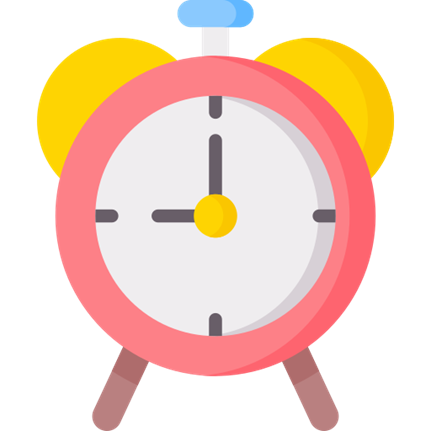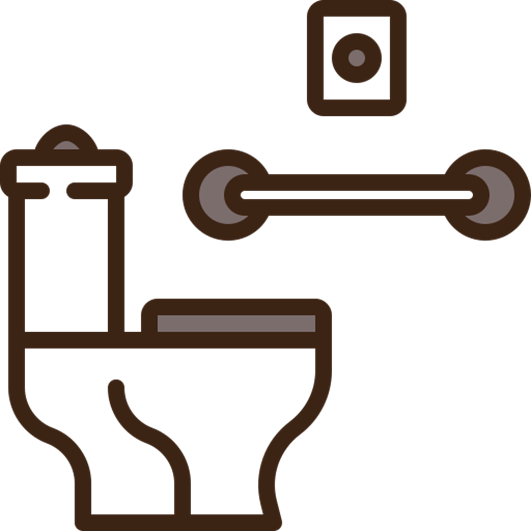Equipment and Memory
Click a link for more information:
Discussion Questions Sensory Stimulation Activities
Homes can be adapted
to make the daily life of someone living with dementia easier, whether that be
making changes to the layout of their living space, suggesting reminders or
equipment provision.
There are an array of different types of equipment that can help people living with dementia and those who are at risk of falls, some can be small and simple whilst others are more specialist.
Equipment to help with memory:

Memory aids help people remember important things:
- White boards to write a list of important things.
- Clearly visible clock
- Keeping a diary or calendar to hand.
- Placing keys on visible hook
- Keeping important items in one place
- Have phone number with a photo of the person clearly visible next to the telephone
- Tablet dispensers for each day of the week containing the medication needed
- Voice activated devices (such as Alexa) providing reminders about routine tasks.
Equipment to help around the home:

Helping to promote independence for people living with dementia and memory problems is important as it helps to instil self-worth, and allows them to continue to do things they have done for themselves their whole lives.
It is important to try and keep people engaged with activities such as walking and standing, as when muscles are not in use for a prolonged period of time, they tend to relax and weaken. If you are concerned about someone’s risk of falls due to them being unsteady on their feet, there is a selection of equipment that can be accessed to help minimise this risk below.
- Walking sticks/zimmer frames to help people walk around with extra stability and balance.
- Wheelchairs are an option if somebody is struggling with their mobility outdoors and needs a way of getting around if a family member or carer is able to assist.
- Grab rails can be fitted around the home, for example, going up the stairs and in the bathroom.
- A height adjustable toilet frame reduces the distance that someone has to lower themselves or push themselves back up again, therefore reducing the risk of falls.
- A bed leaver can provide reassurance throughout the night for someone whilst they are asleep. Bed leavers can help someone turn over in bed, sit up from lying and assist standing.
- Showerboards/Bathboards reduce the risk of slipping/falling, as they eliminate the need to step over the side of the bath and enable someone to sit while completing the task.
Where to get Equipment
Some of the equipment mentioned above can be provided by the NHS or local council. An Occupational Therapist can advise about what is most helpful and how to obtain this to make daily life easier for people living with dementia.
Disabled Facilities Grants - help cover the costs of adapting a home to make it safer and easier for a person who is disabled, including people living with dementia. Adaptations example include a stairlift, level access shower, a ramp into the home.
To get a grant, the person living in the house must:
- be disabled
- intend to live in the property during the grant period (usually 5 years but this can be shorter, for example, if the person is terminally ill)
The council needs to be happy that the work is:
- necessary and appropriate to meet the disabled person’s needs
- reasonable and can be done, depending on the age and condition of the property
The contact number for enquiring about Equipment and Adaptations in Sheffield is 0114 2734709
There is also an online form to request for a home adaptation assessment is Sheffield. With consent from the individual concerned this can be completed by the person living with dementia, a family member or friend, or someone else (professional referral) Adapting your home | Sheffield City Council
These contact details are specific to Sheffield however, each council is able to provide the same assessment to access these provisions.